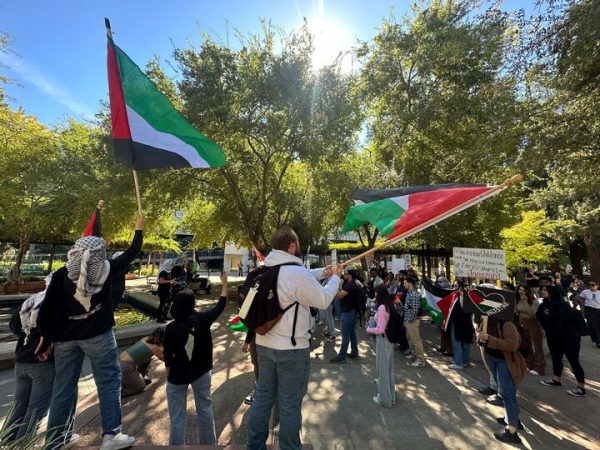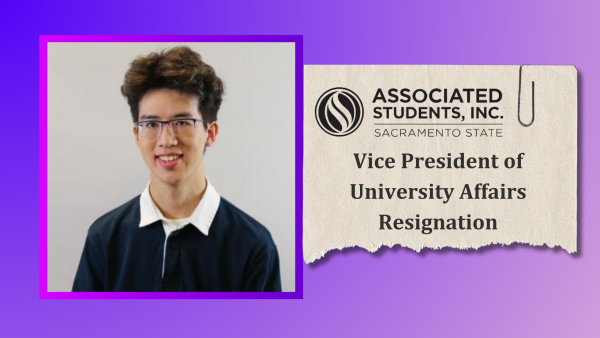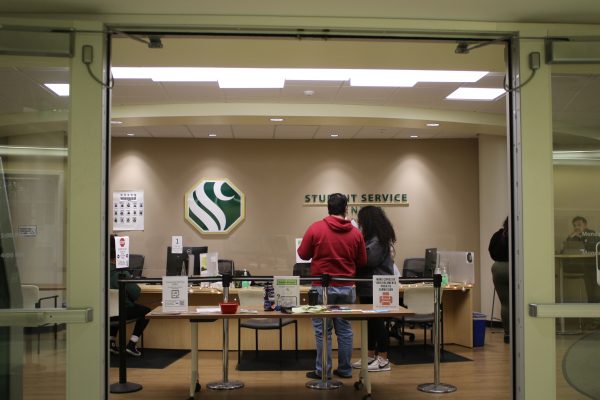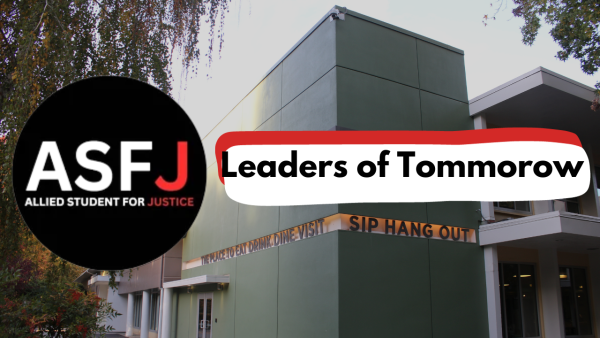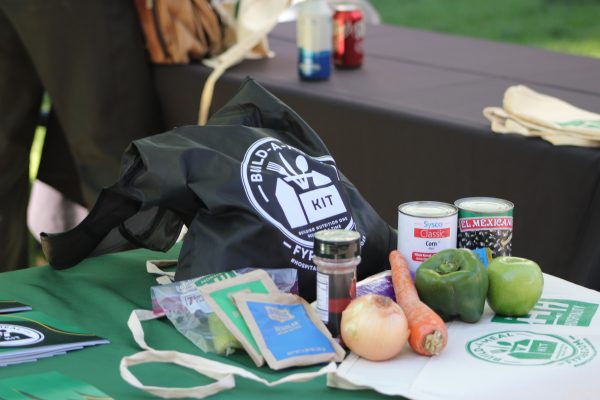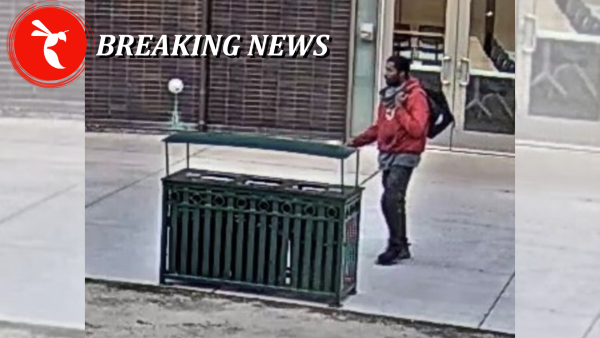Sac State library adds more to Hellenic collection
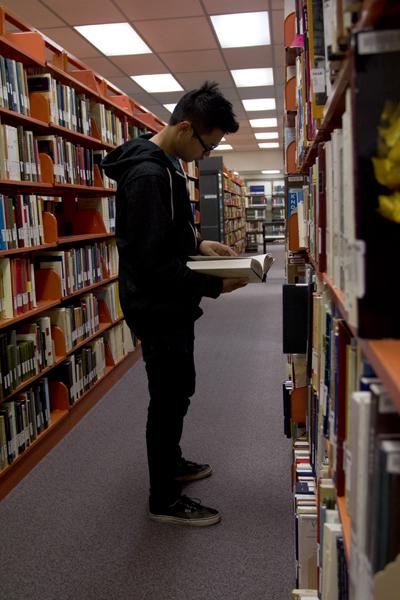
Roxana Chavez
Senior Sandarung Taing, biology major, searches for a book he needs in the Hellenic Collection.
March 7, 2012
The Tsakopoulos Hellenic Collection in the Sacramento State Library recently announced it has acquired as a gift, the Hellenic library of Steve Demakopoulos. It joins the library of Pyrrhus Ruches and more than 75,000 volumes of materials focused on Greek culture.
The Ruches library was donated to Sac State in summer 2009 and contains a range of materials on Greek culture. The collection acquired the Hellenic library of Demakopoulos last May, who collected mainly in the areas of Greek language, folklore, history, literature and music. His library contains different kinds of dictionaries, glossaries, grammars and specialized linguistic works pertaining to the Greek language.
“Demakopoulos’ collection was probably the strongest collection on the Greek language in private hands before we acquired it,” said curator George Paganelis. “When you add that to our existing holdings on the Greek language, we now have one of the top two or three collections on the Greek language in the United States.”
The collection opened on Sept. 2, 2003 at Sac State and consists of a book collection, journal holdings, electronic resources, non-print media materials, archives, art and artifacts all relating to Hellenism.
“In the United States, there were strong library collections that deal with ancient Greece. But once you came chronologically to the period after that, that number was literally a handful,” Paganelis said. “Because most of those libraries were clustered in the eastern U.S., the idea was to create something in the west that would focus on Hellenism broadly, ancient to modern.”
The new acquisitions add onto a structure already a part of the collection, but badly needed these works to fill those huge spaces, said Speros Vryonis, retired scholar of Byzantine and Ottoman studies.
The Hellenic Collection was part of the former Speros Basil Vryonis Center for the Study of Hellenism, which was initially established in Los Angeles in 1985 by Vryonis. In 1989, the Center moved to Rancho Cordova, where it developed the collection until it closed in 2000 and its library was donated to Sac State in 2002.
“By making it part of an academic library, one of the main benefits was the increase in access,” Paganelis said. “Now that it’s part of a public academic institution it’s available to all students, faculty, staff, the community and remotely through interlibrary loan.”
The majority of the collection is located on the third floor of the University Library and is available during the same hours as the main library. Next to the main collection room is a reference room and a multipurpose room dedicated to retired California State Sen. Nicholas Petris.
Part of the gift agreement of bringing the collection here provided was it would have its own space – rather than be interspersed in the general stacks – in order to facilitate browsing, Paganelis said.
“The collection is important because it can support high-level research on a span of Greek history, from the Byzantine Empire to contemporary Greece, that other libraries in this part of the country can’t,” Paganelis said. “It’s a very extensive research collection, a material testament documenting the importance of Greek history and culture at a time of largely negative media attention.”
Paganelis said undergraduate students have been the primary users of the collection, but in 2011 it received funding from the Elios Society to inaugurate a three-year Library Research
Fellowship Program for researchers anywhere in the world at the doctoral through senior scholar levels to come to Sac State to use the collection.
“This collection contains more than 15 languages, but for the most part undergraduate students are using English language materials,” Paganelis said. “When you’re talking about scholars and researchers from around the world coming here, they can really sink their teeth into the heart of the collection and its breadth of language materials.”
Alyssa Sanguinetti can be reached at [email protected].

































































































































